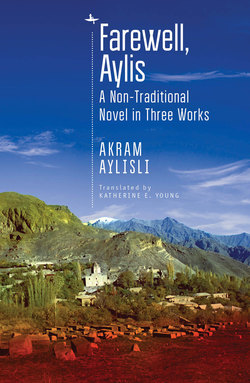Описание книги
Very few works of contemporary literature are as politically significant to their own time and place as this one, which asks difficult questions of a small, recently independent country trying to make its way in the world. This book is a literary work of conscience – a work of witness, the result of a lifetime’s experience and observation – by one of the preeminent authors of his country and a former member of Azerbaijan’s National Assembly. This fictional work responds to political upheaval and sociocultural instability over the last 30 years, including violence and ethnic cleansing, in the Caucasus region. Themes of place, memory, and loss are integral to this work, which examines the deliberate erasure of culture and history and the persecution of independent thought in a young, insecure nation struggling to find its political and moral footing. This work includes a (non-fiction) afterword by the writer that passionately argues for freedom of conscience and tolerance for cultural, religious, and ethnic diversity among peoples who have lived in close proximity for centuries. The author has published millions of books in more than 20 languages, but this is the first authorized publication of this trilogy in English and the only publication of the author’s nonfiction essay, Farewell, Aylis, in any language. An international controversy surrounded publication of this work, parts of which have never appeared in Azerbaijan. The author continues to experience political persecution for this work: book burnings, the author himself burned in effigy, a bounty offered for cutting off one of his ears, and vociferous denunciations of himself and his work at every level of society. He was stripped of his honors and his presidential pension; his wife and son were fired from their jobs. He is currently confined to house arrest in Baku. Organizations such as PEN have advocated internationally for this work and this author. The author was nominated for a Nobel Peace Prize (not the literature prize) by an international group of scholars and supporters “for his efforts to overcome hostility between the peoples of Azerbaijan and Armenia” in writing these works. This work fits in the broader category of works of conscience and political dissent by other authors in other nations.
